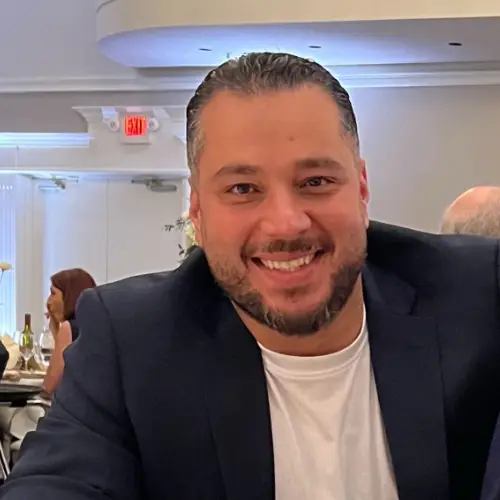Most people think sales is about charisma and persuasion. But in the franchise world, it’s really about alignment and communication, especially when things get tough. Indeed, I’ve seen first-hand how the way we speak, listen, and follow up can make or break the momentum of a growing brand.
Facts and argument
Selling a franchise isn’t just about units, territories, or contracts. You’re inviting someone to build their future on your brand’s foundation. That requires more than a good pitch it takes trust, clarity, and transparency.
As someone who has led construction projects for both emerging and national franchises, I’ve learned that communication is the glue that holds a franchise system together. From lease negotiations to city permits, from kickoff calls to final handovers—every step hinges on how well everyone stays aligned.
Don’t act like closers
The strongest sales teams I’ve worked with don’t act like closers. They act like guides. They educate, ask questions, and most importantly listen. They make sure their franchisees feel supported, not sold to.
That said, I’ll be the first to admit it: communication isn’t always easy in the construction industry. There were projects where timelines shifted unexpectedly, where misalignment between franchisors and franchisees caused unnecessary tension. And in those moments, the only way forward was through honest, uncomfortable conversations.
My own experience
There was a point last year when our construction company took on multiple builds for the same brand in a short window. We were moving fast, trying to stay on top of schedules, design tweaks, and trades—but somewhere along the line, communication slipped.
Franchisees felt left in the dark. Head office was frustrated and our team was stretched. That’s when I realized that no matter how good your team is, if your communication fails, the entire system suffers.
So we reset. We implemented weekly progress updates, real-time reporting tools, and made it a point to pick up the phone more often instead of relying on long email chains. The result? Fewer surprises. More trust. And projects that finished smoother—even when challenges popped up.
That experience taught me: good communication isn’t about always having the answer. It’s about being transparent when you don’t—and showing up when it matters.
Key lessons for franchisors
If you’re growing a franchise, or managing multiple partners, here’s what I’d recommend based on what I’ve learned.
- Communicate like a partner, not a vendor. This mindset shift changes everything
- Don’t shy away from the tough conversations. Avoiding them only builds frustration down the line
- Tailor your approach. Different franchisees have different communication styles. Learn them
- Stay consistent. Silence creates doubt—clarity builds confidence
In conclusion, franchise development isn’t just about selling—it’s about aligning people, systems, and expectations. And nothing does that better than consistent, honest communication. It’s not always perfect. I’ve learned that the hard way. But it’s what turns transactions into partnerships—and builds brands that last.








